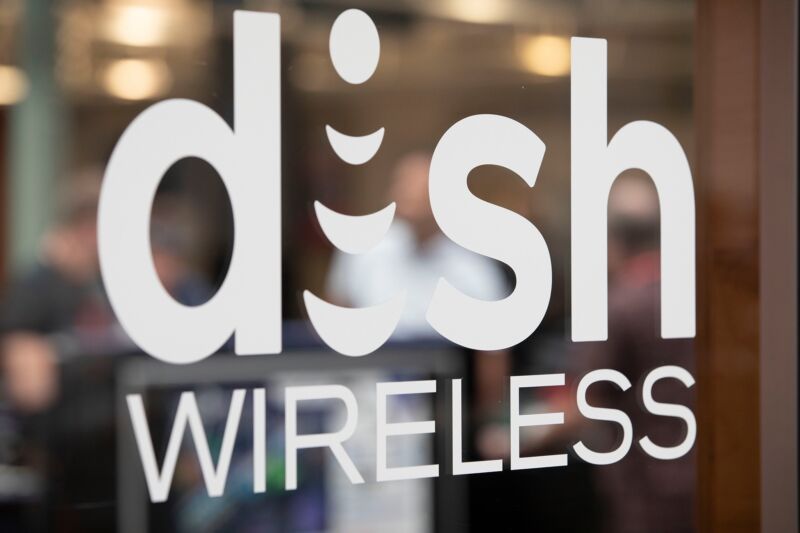Google Finally Gets Around To Banning Ads For Stalkerware
Stalkerware is one of those things that most people never would have considered when technologies were being developed, but which in hindsight come off as practically inevitable. These apps, often times named as if they would be chiefly marketed to parents trying to keep tabs on their kids, but which instead are also specifically advertised as ways to stalk current romantic partners and exes, are all different flavors of creepily allowing a person to snoop on the location and activities of an unsuspecting other person. The whole concept is so obviously evil that it’s a wonder why any platform would allow these apps to be sold in the first place, and yet it was only in 2019 that Google managed to ban them from its app store.
Antivirus company Avast said Wednesday that it’s found seven stalkerware apps available on Android’s market. In all, they had been installed more than 130,000 times. Google removed four of the apps after Avast reported the privacy violations on Tuesday, and removed the last three on Wednesday.
Google said its policy prohibits commercial spyware apps and encourages people to report any apps that violate its standards.
Since then, Google has regularly had to purge new creepy entrants into the stalking marketplace, but it has done its best to keep up. Because, as Google stated in its policy above, such apps are prohibited on the app store.
But not in Google’s advertisements, apparently, at least up until this past week.
In an ad policy update this week, Google said that beginning August 11 it will prohibit ads for products or services marketed for secretly tracking or monitoring someone. This includes, but is not limited to:
Spyware and technology used for intimate partner surveillance including but not limited to spyware/malware that can be used to monitor texts, phone calls, or browsing history; GPS trackers specifically marketed to spy or track someone without their consent; promotion of surveillance equipment (cameras, audio recorders, dash cams, nanny cams) marketed with the express purpose of spying.
Credit where it’s due: Google’s change in policy is good. And, given the massive ecosystem that is Google’s advertising system, it’s easy to imagine how the company might not have been initially prepared for the review and purges necessary to keep these sorts of ads off its platform.
But the truth is that’s a massively weak caveat, given the nature of these ads. Reading Google’s description of the types of ads that are newly banned, it practically yanks the follow up question out of your mouth: Wait, why did you ever allow ads for this sort of thing in the first place? As the Gizmodo post notes, Google has been aware of just how big a problem stalkerware has been on its platforms since at least 2018, and almost certainly before. How has this possibly taken this long?
